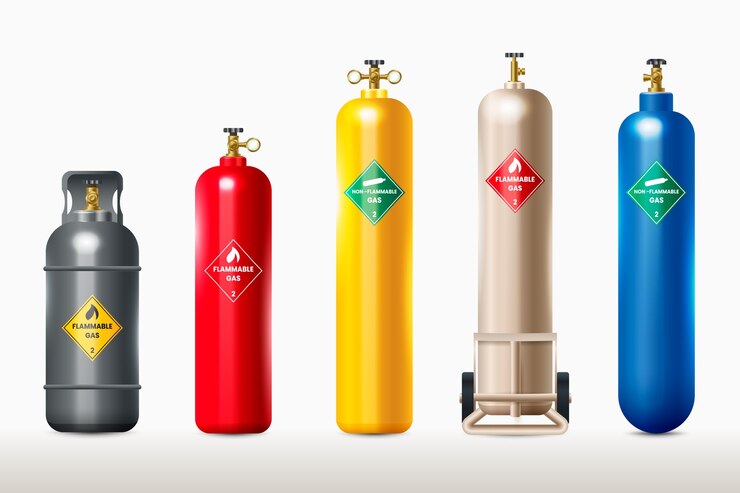In Botswana, as in many African countries, there exists a complex and often contradictory relationship with energy. For decades, we’ve believed certain myths about our energy sector –myths that have limited our growth, stifled innovation, and confined us to a reality that falls short of our potential.
The truth is, there’s an untapped world of opportunities just waiting for us to break free from these misconceptions and embrace the future. So, let’s confront some of the most persistent energy myths in Botswana, and explore the transformative possibilities that lie ahead if we embrace the truth.
Myth #1: “We Have Enough Energy Resources”
For years, many of us in Botswana have lived under the assumption that our country’s energy resources are sufficient for our needs. This belief stems from our reliance on coal and a perceived abundance of natural resources. The truth, however, is that our energy sector is under significant strain. As Botswana’s population grows and the demand for energy increases, our existing infrastructure is stretched thin.
Coal may have served us well in the past, but it comes with limitations. The finite nature of fossil fuels, combined with the growing global push for sustainability, means that we cannot afford to cling to this myth any longer. We must diversify our energy portfolio and embrace cleaner, renewable sources such as solar, wind, and hydropower. These are not just alternatives; they are the future of energy.
Botswana, situated in one of the sunniest regions on Earth, is uniquely positioned to lead in solar energy. Solar energy is not a distant dream – it’s a reality that can power our homes, businesses, and industries. Imagine the potential for economic growth, job creation, and sustainable development that could come from harnessing the sun’s power.
Myth #2: “Renewable Energy Is Too Expensive”
One of the biggest barriers to the widespread adoption of renewable energy in Botswana is the belief that it’s too expensive. While it’s true that initial investment in solar panels or wind turbines may seem high, the long-term savings are undeniable. The cost of renewable energy has dropped significantly over the past decade, making it increasingly affordable for governments, businesses, and individuals alike.
When you compare the ongoing costs of coal mining and energy production, it becomes clear that the long-term costs of renewable energy are far lower. There’s no need to import expensive fossil fuels, and the maintenance costs for renewable energy systems are often much lower than traditional power plants.
In addition, the job opportunities in the renewable energy sector –from installation and maintenance to research and development – could fuel economic growth and create a skilled workforce in Botswana. Imagine a future where Botswana is not only energy self-sufficient but also a net exporter of clean energy. By investing in renewable resources today, we can ensure a brighter, more sustainable tomorrow.
Myth #3: “Energy Access Is a Government Problem”
There’s a tendency to think that the responsibility for energy access lies solely with the government. While it’s true that the government plays a crucial role in setting policies and creating the infrastructure, energy access is not just a public sector issue – it’s a shared responsibility. Every citizen, every business, and every community has a role to play in driving energy access and innovation.
What if we reimagined energy access as an opportunity for local businesses and communities to take charge? Imagine communities in rural Botswana coming together to invest in small-scale solar grids, creating localized, sustainable power solutions that meet their needs. Picture local entrepreneurs launching energy-efficient solutions for homes and businesses, reducing reliance on the national grid and cutting costs in the process.
By taking ownership of our energy future, we can create a more resilient, decentralized system that benefits everyone. Rather than waiting for the government to fix all the problems, we should empower communities and businesses to innovate, collaborate, and drive change.
Myth #4: “The Energy Transition Is Too Difficult for Botswana”
It’s easy to believe that transitioning from a fossil-fuel-based economy to a sustainable, renewable energy future is an insurmountable task. The challenges are real, but they are not insurmountable. In fact, the transition to clean energy is an opportunity for Botswana to reimagine its future and build a more resilient, equitable economy.
Countries around the world are making the shift, and Botswana has the chance to learn from their successes and avoid their mistakes. By developing a long-term, strategic approach, we can create an energy transition plan that includes everything from renewable energy infrastructure to workforce development and policy reform. The success of this transition depends on the commitment of government, businesses, and individuals to work together for the common good.
The Path Forward: Embrace the Truth
Botswana has the potential to become a leader in Africa’s energy transformation. We must let go of the myths that have held us back for so long and embrace the truth: renewable energy is not only possible, it is essential for our future.
By investing in renewable energy, empowering communities, and creating opportunities for innovation, Botswana can pave the way for a brighter, more sustainable future. This is not just about solving today’s energy problems; it’s about ensuring that future generations inherit a world that is cleaner, more equitable, and full of possibility.
It’s time for Botswana to embrace the truth and unlock the opportunities that lie ahead. The future is bright – if we dare to imagine it.
